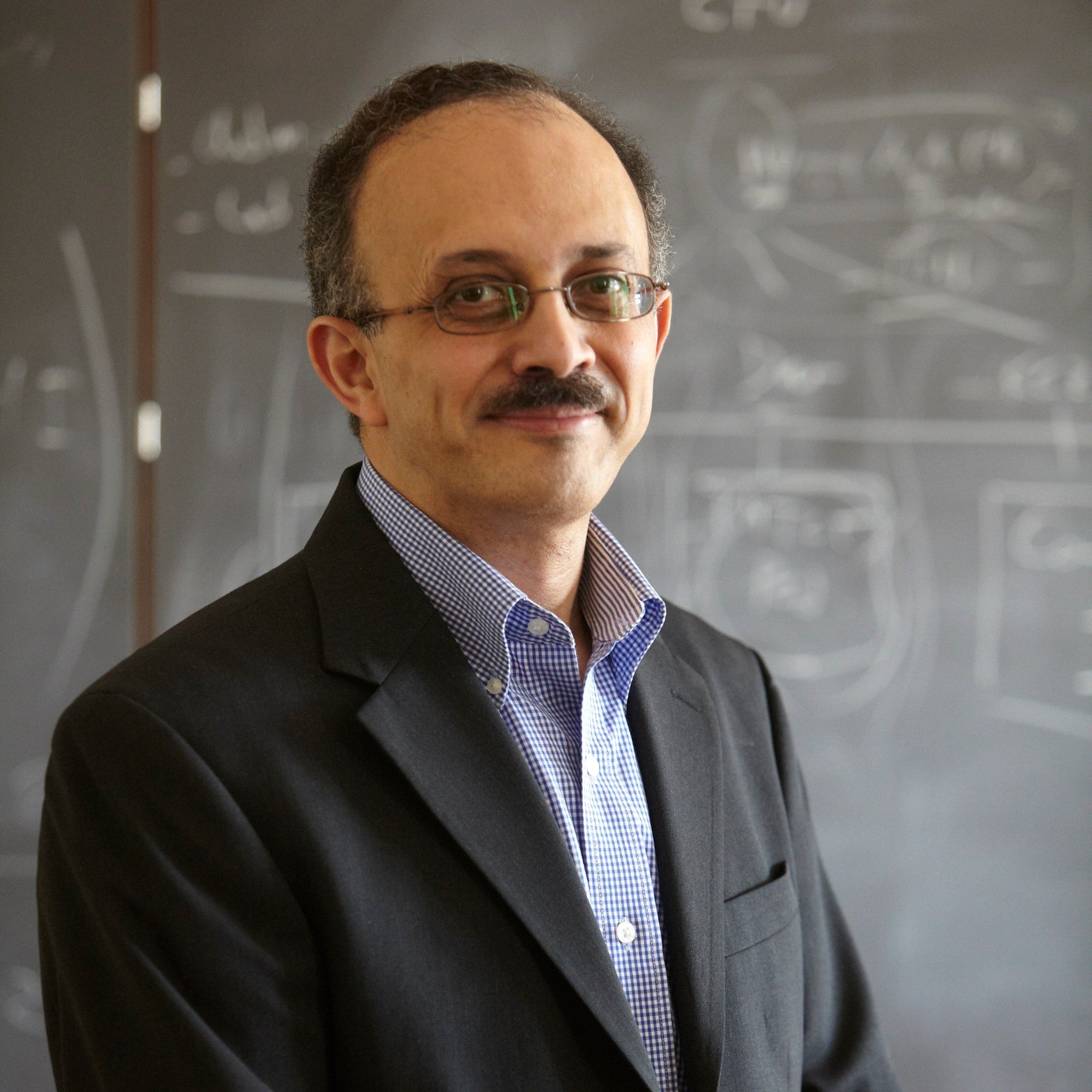Faculty Spotlight: Dr. Wafaie W. Fawzi

Wafaie W. Fawzi, MBBS, MPH, MS, DrPH, is Richard Saltonstall Professor of Population Sciences and Professor of Nutrition, Epidemiology, and Global Health at the Harvard T.H. Chan School of Public Health. A physician and epidemiologist dedicated to advancing global health research, education, and practice, Dr. Fawzi established and leads the Nutrition and Global Health Program, an interdepartmental initiative at Harvard, where over the past 25 years he has sought to strengthen the evidence base for advancing human health and development. Elected to the National Academy of Medicine in 2022, he has directed the design and implementation of more than 30 randomized controlled trials and numerous large observational epidemiologic studies of maternal, child, and adolescent health and major infectious diseases. His research, policy, and program translation work has generated over 600 original papers and reviews, and his training and education initiatives have fostered a global next generation of public health leaders.
A recent major highlight of Dr. Fawzi’s work in India is a landmark randomized clinical trial, published in The New England Journal of Medicine (2024), which has the potential to impact pregnancy care for millions of women in India and beyond. In close partnership with Dr. Pratibha Dwarkanath and colleagues at St. John’s Research Institute and at Harvard, Dr. Fawzi led a rigorous study enrolling over 11,000 first-time pregnant women. The goal was to test whether a simpler, single-dose daily calcium supplement (500 mg) could be just as effective as the World Health Organization’s recommended high-dose regimen (1500 mg, divided into three doses daily) in preventing preeclampsia and preterm birth, two of the leading causes of maternal and newborn mortality.
This research addressed an urgent local and global challenge. Since 2011, the WHO has recommended high-dose calcium supplementation for pregnant women with low dietary calcium intake, a public health priority for India. Yet, the complexity of the dose schedule, requiring three tablets daily, separated from iron and folic acid supplements, has made widespread implementation difficult, with challenges around adherence and cost. The India trial, conducted from 2018 to 2022 at multiple clinics in Bangalore, was carefully designed to reflect real-world conditions. Participants achieved high adherence, with a median rate of 98%, and all procedures were in alignment with India’s public health supplement policies.
The findings from this trial were both definitive and encouraging. Women taking the single daily 500 mg calcium supplement had rates of preeclampsia (3.0%) and preterm birth (11.4%) that were not statistically different to those observed in the higher, more complex regimen (3.6% and 12.8%, respectively). Similar findings were noted by the team in a companion trial carried out among 11,000 women in Dar es Salaam, Tanzania. Importantly, these results support the potential for policy change, enabling more straightforward, affordable, and scalable maternal supplementation programs across India and in other countries facing similar barriers. Dr. Fawzi notes, “Our research shows that a simple, once-daily calcium regimen can deliver equal health protection for mothers and their babies, removing a longstanding barrier to program scale-up in India and globally.”
In addition to this recent work, Dr. Fawzi has led and contributed to several pivotal studies in India addressing pressing public health issues. Between 2019 and 2020, he served as principal investigator on a case-control study of vitamin D status and adult multidrug-resistant pulmonary tuberculosis in Maharashtra, supported by the Dubai Harvard Foundation for Medical Research and the Harvard Center for Global Health Delivery. From 2020 to 2023, Dr. Fawzi was multiple principal investigator, along with Kevin Kain, Nerges Mistry, and Yatin Dholakia, on a randomized trial, funded by the Canadian Institutes of Health Research, assessing the impact of vitamin D and zinc supplementation on improving treatment outcomes among COVID-19 patients in Mumbai.
He has also played a significant role in research training and capacity building in India through partnerships supported by the NIH, the Bill and Melinda Gates Foundation, and the World Health Organization. These collaborative, interdisciplinary projects exemplify Dr. Fawzi’s approach to science-driven solutions for vulnerable communities in India and worldwide.